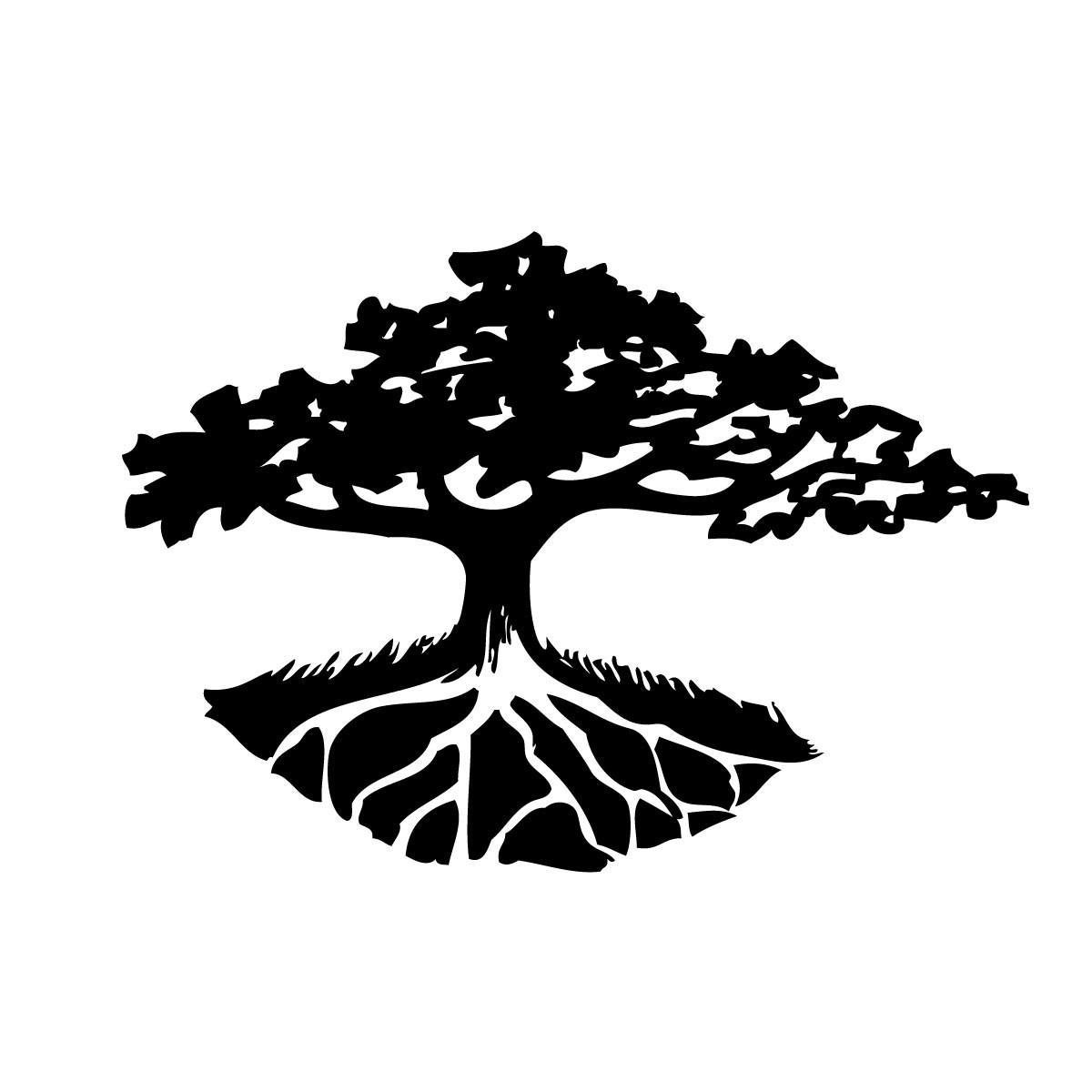Patterns:
Patterns are a window through which we identify principles and practices. Patterns reveal the relationships between principles and practice. A pathway toward identifying principles or fundamental truths is to observe patterns and reverse engineer toward the principles that facilitate the relationships between the many members or truths that make up wholes. Our definition for patterns is anything that repeats three times or more. So when you notice repetition in the landscape of your life, you're identifying patterns.
Principles:
Principles are the foundational truths that govern a sequence of thoughts or are the rules that facilitate interactions. The laws of nature. Until proven across many different environments, most of what we are referring to as principles, are propositional statements of what appears to be the rules for how and why things work. It's important to understand that I'm using principles to describe things in broad spectrum or blanket statements. We know life is complex and the web of relationships is more than we can comprehend. That being said, principles seem useful for conveying the big idea or framework within which many context specific details can be explored. The principles I'm setting forth are an oversimplified presentation through the use of propositional statements. The more often we see a principle repeat across many different environments, the more fundamental and foundational that principle is. These are your meta principles or patterns and they offer the bigger picture or general form of how and why things work. When we get familiar with that general form, we have a framework within which to hang the details or mysteries that are yet to be revealed and are context specific. You will see areas of application far beyond what is proposed here.
Practice: If/Then
Practice, method or movement are the actions we take in response to what we believe to be true. What you believe to be true and what is actually true have the same capacity to influence your actions. Practice is describing the extent to which you interact with what you believe to be true. We can build whole societies on things believed to be true (and we do this all the time). The effects of building on things believed to be true are observable as patterns (both functional and dysfunctional), and when reverse engineered, reveal principles or fundamental truths (things believed to be true), that we're basing current and downstream decisions on. It's the feedback or relationship between what we do (practice), and why we do it (principles), that inform us on how to better structure our lives and the natural and built environment within which we live.
Methods are many, principles are few.
Methods are always changing but principles never do.
Our Pathway to Learning:
From the day we are born we begin the process of learning, by exposure to a complex variety of patterns. As infants we have no concept of the principles behind the patterns or the how and why things work. Regardless of that fact, we are born observing and interacting with the these patterns as a means for getting familiar with our environment. It is within this interplay and willingness to dialogue that we engage with both in our consciousness and our unconsciousness. Our aim is to be reborn often as we are reminded to play with patterns around us in order to grow in our understanding toward a more conscious and timeless way of living. The degree to which we seek to understand is the degree to which we will find.




